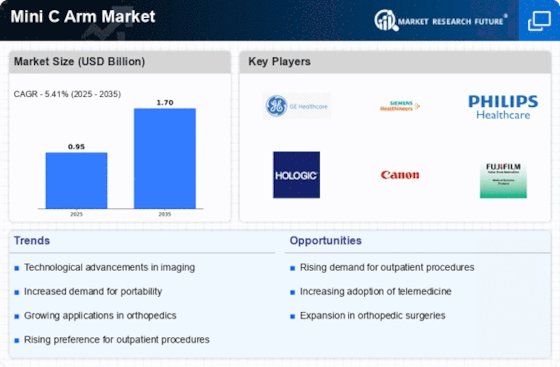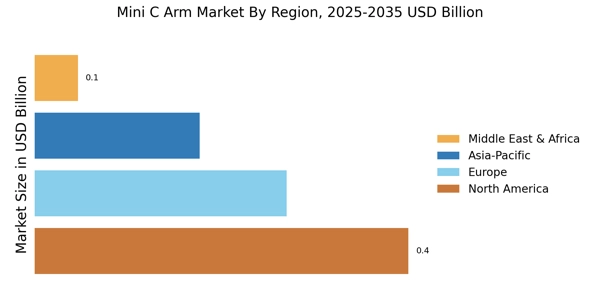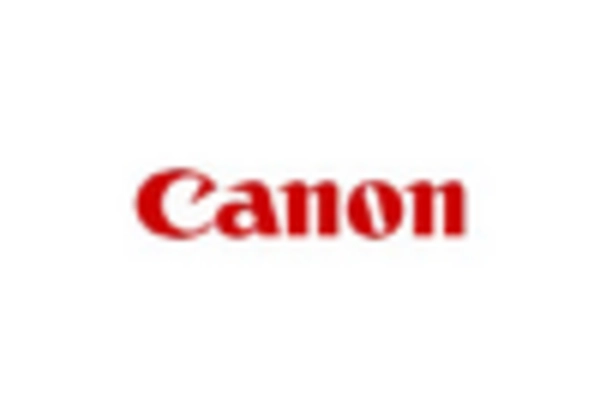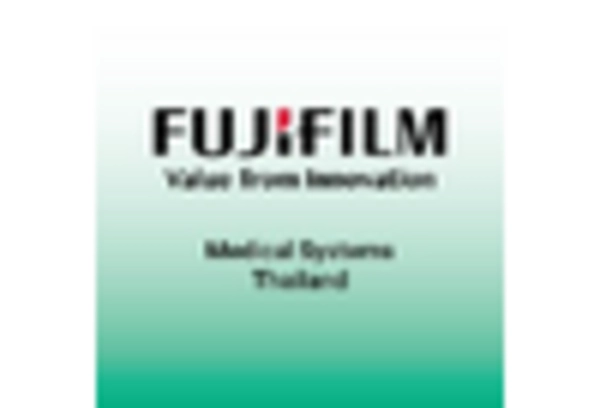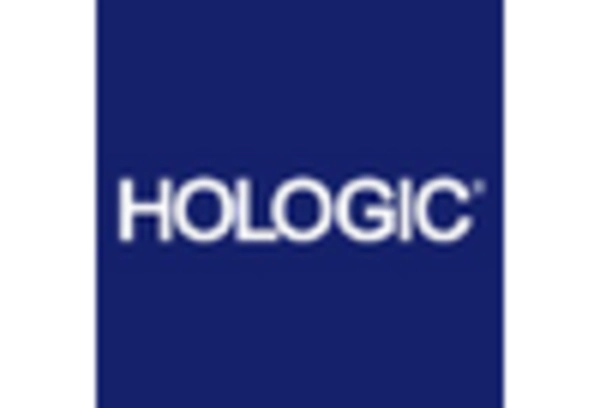Cost-Effectiveness of Mini C Arms
The Mini C Arm Market is benefiting from the cost-effectiveness associated with these devices. Compared to traditional C Arms, Mini C Arms are generally more affordable, both in terms of initial investment and operational costs. This financial advantage makes them an attractive option for smaller healthcare facilities and outpatient centers that may have budget constraints. Additionally, the ability of Mini C Arms to perform a variety of procedures without the need for extensive infrastructure further enhances their appeal. As healthcare providers seek to optimize their budgets while maintaining high-quality care, the demand for cost-effective solutions like Mini C Arms is expected to grow.
Increased Focus on Patient Safety
In the Mini C Arm Market, there is an increasing emphasis on patient safety and quality of care. Regulatory bodies and healthcare organizations are advocating for the adoption of technologies that minimize radiation exposure and enhance procedural safety. Mini C Arms, known for their lower radiation doses compared to traditional C Arms, are becoming a preferred choice in various surgical settings. This focus on safety is not only influencing purchasing decisions but also driving innovation within the industry. As hospitals prioritize patient safety, the demand for Mini C Arms is likely to rise, reflecting a broader commitment to improving healthcare standards.
Technological Advancements in Imaging
The Mini C Arm Market is experiencing a surge in technological advancements that enhance imaging capabilities. Innovations such as improved image resolution, real-time imaging, and advanced software algorithms are making Mini C Arms more effective in surgical settings. These advancements not only improve diagnostic accuracy but also facilitate quicker decision-making during procedures. The integration of artificial intelligence and machine learning into imaging systems is also gaining traction, potentially leading to more precise outcomes. As hospitals and surgical centers increasingly adopt these technologies, the demand for advanced Mini C Arms is likely to rise, reflecting a broader trend towards enhanced surgical tools in the Mini C Arm Market.
Growing Adoption in Orthopedic and Podiatry Fields
The Mini C Arm Market is experiencing a significant uptick in adoption within orthopedic and podiatry fields. These specialties often require precise imaging for surgical procedures, and Mini C Arms provide the necessary support for such interventions. The ability to obtain high-quality images in real-time is particularly beneficial in orthopedic surgeries, where accuracy is paramount. Recent market data indicates that the orthopedic segment is one of the fastest-growing areas for Mini C Arm Market utilization. As more orthopedic and podiatry practices recognize the advantages of Mini C Arms, their integration into routine procedures is likely to increase, further propelling the Mini C Arm Market.
Rising Preference for Minimally Invasive Procedures
The Mini C Arm Market is witnessing a notable increase in the preference for minimally invasive procedures. This trend is driven by the benefits associated with such techniques, including reduced recovery times, lower risk of complications, and minimal scarring. As healthcare providers aim to improve patient outcomes, the demand for Mini C Arms, which are essential for guiding these procedures, is expected to grow. According to recent data, the market for minimally invasive surgeries is projected to expand significantly, which in turn will likely boost the Mini C Arm Market. This shift towards less invasive surgical options is reshaping the landscape of surgical practices.


